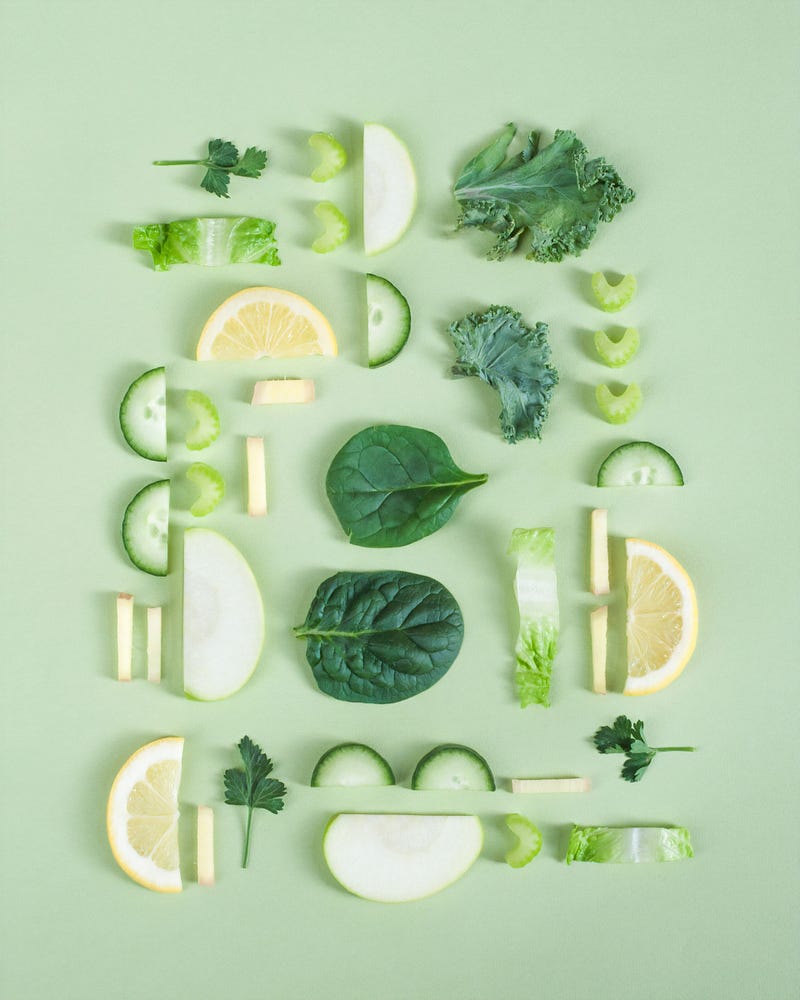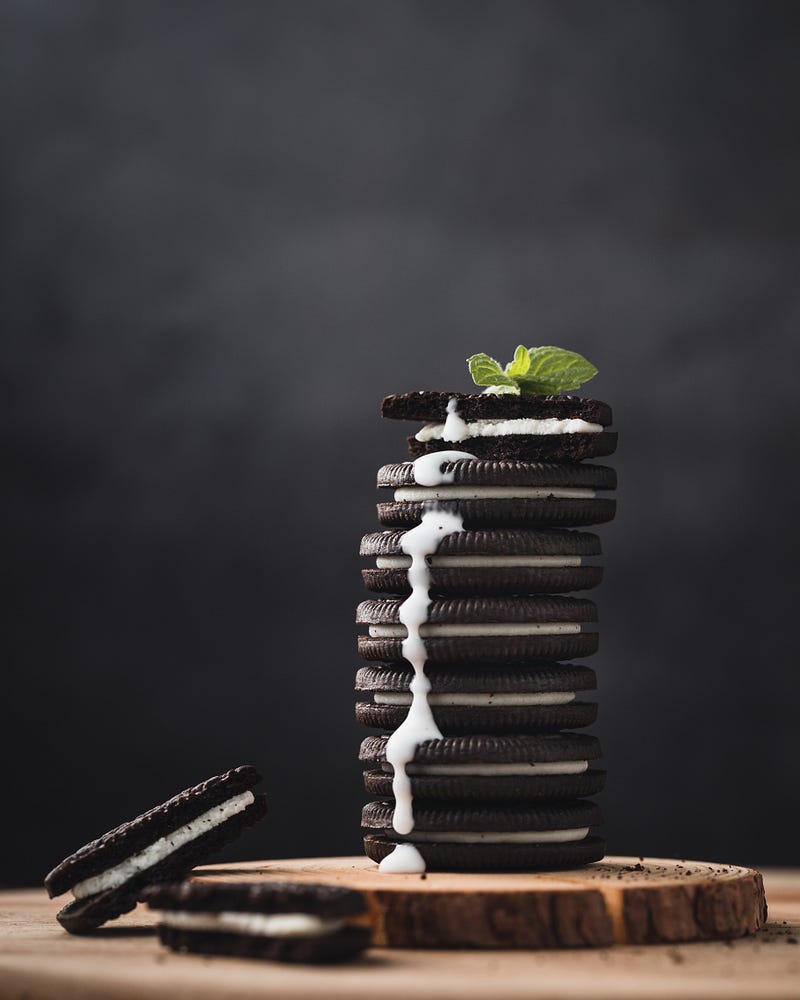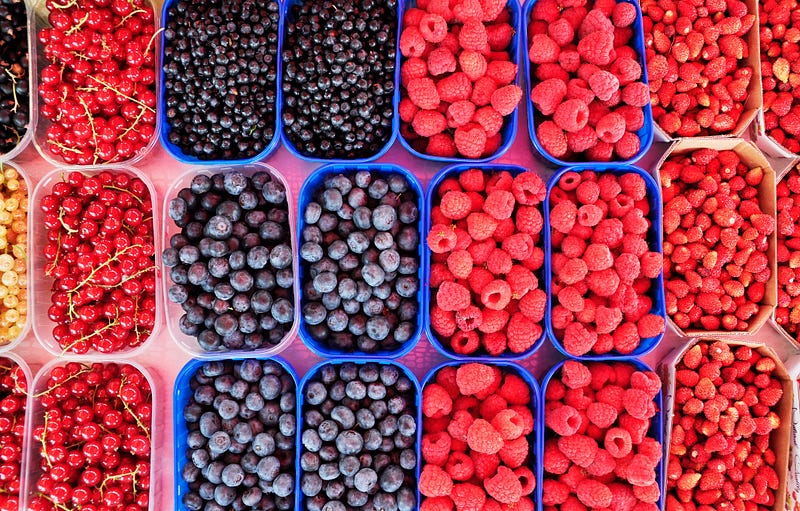
Yrina sat across from me, preparing the next booster for my travel to Southeast Asia. It would hurt, she explained. Yah. I know. The price we pay to protect ourselves from Japanese Encephalitis.
As I waited for the pinch of the needle, I told her about my recent weight gain. At 66, my body had been putting on the pounds at a rather rapid rate, which is deeply distressing to someone who has been both obese and has had eating disorders.
“Menopause,” she said, without looking up.
“That ship sailed fifteen years ago, Shari,” I said, not unkindly.
“People slow down as they get older,” she said, still without looking up. I was sitting close to her, my bulging body-builder’s veins a nurse’s dream for extracting blood, my bicep muscles well-defined.
“With respect, Yrina,not a whole lot of people at any age could keep up with my training program. Slowing down isn’t the issue. If anything I’ve sped up.” I tried to get eye contact. She was still busy with my arm.
It was like talking to one of those telephone trees.
Press three if you want this option. Can I please talk to a human?
“Calories in, calories out,” she said, in a monotone.
Okay. That was enough.Next she’s going to lecture me about the USDA Food Pyramid. The old debunked one.

If you still believe that calorie counting is the way to manage your diet, and the primary way to lose weight, please see this thoughtful and intelligent article by Christine Byrne, for Outside Online.
The idea that the only thing you need to do is count calories would argue that I could trade a Snickers bar for a salad of equal caloric value, and my body is none the wiser.
What a crock. Not only is that patently wrong, but what you and I need every day varies enormously. Right now I am sidelined by damaged feet, so it stands to reason that my habit of chowing down on two big spoonfuls of almond butter slathered with honey isn’t a good idea. At least not till I get back on my feet and moving again.
The nature of what we eat also varies enormously. If you argue that you “just need calories,” the folks at Frito Lay would love for you to be their spokesperson. All you need are armfuls of chips and you’re good to go. Not if you want to perform at high levels. Not if you want your organs to operate properly.
Given, as Byrne explains, that food labeling is often patently dishonest, and the manufacturers are going to present their polluted products in the best light possible (only 100 calories per snack!!!!!), the only truly intelligent choice is to eat natural, raw as much as possible, and to eschew the center aisles of grocery stores. Yes, it’s hard at times. And yes, it’s worth it. If for no other reason than, hey, if volume of food is what you want, there are some things over in the veggie aisle you can gorm to your heart’s delight. They won’t feel the way those M&Ms feel the next morning after you ate half the bag.
Yesterday as I was on my way to find tonic water (which has quinine, which, in very small doses, has helped me stop my leg cramps) I scanned some products in what I consider the supermarket wasteland: the middle aisles. The land of Cheetos and processed foods and Oreos and Ritz. Stuff that tastes good, but that does absolutely nothing for you.
Tags like FAT FREE!!!! GLUTEN FREE! LOW CALORIE!!! ORGANIC!!! ALL-NATURAL!!! SUGAR-FREE!!! These breathless claims on products I wouldn’t throw into a pig’s trough. But that’s me. I don’t dispute they taste good. The problem is, especially as I age, I can no longer afford to feed my body pure crap.

The folks who monitor our food, and who set the rules for who can say what on their labels, are pressured hard by Big Food lobbyists to soften those very rules. Michele Obama’s 2016 effort to change food labeling was roundly vilified, and of course Trump’s FDA has booted that reg. This article in Forbes speaks to why, even if that reg had succeeded, it wouldn’t have made much difference. Big Food gets its way and we stay Big. Too many of us, anyway, because we simply do not wish to acknowledge that canned and packaged food does not a decent diet make.
I still find it hilarious that Dunkin Donuts has the balls to offer certain donuts as healthier options. To what, pray tell, eating a tub of lard?
Foodstuffs that happen to taste good (which is a very high payoff business, involving science and research and deep pocket investments on the part of Big Food) doesn’t always translate to good for us. Good for us, on the other hand, looks a lot more like a fresh apple.
Not as much profit margin in a fresh apple than there is in a package of dried cinnamon apples, which is full of sugar.
I have no issue downing a donut once in a while. Or a handful of chocolate bits. The difference is what makes up the majority of that intake: big salads, nuts, nut butters, eggs, fish or chicken, and mounds upon mounds of fresh veggies and fruit. That’s what works for this body, at this age, at this particular juncture, especially as I am healing from an injury.
Lots of natural fiber. I can’t speak for you or anyone else, but if I have a choice between gorming a bright red apple or gagging on a glass of Metamucil….apple, please. Because right now I can’t run, jog stairs or do other aerobic work which, kindly, moves the mail.

The labeling of calories per serving is meaningless. That is, when you take into account it’s not the calories per se but the quality of the food, what you and I uniquely need for our bodies, our activity levels, the limitations and needs that our age may place on us. What foods feed us best for who and what we are and how we live? Where we are in life right now, fighting a disease, healing from an illness, getting ready for a Big Mudder, getting over a rough baby delivery?
Each of those conditions demands something different. That’s why daily recommended amounts of any damned thing for anyone are little more than very general guidelines. You may need much more iron in your diet than I do for reasons that only your body knows. It’ll ask you for it in cravings. The problem is that we misinterpret those cravings. Just like we misread food labels.
If you’ve ever looked at the caloric content for a serving of breakfast cereal, and actually measured out the amount they call a serving and put the tiny amount of skim milk (yecch) that they recommend, that’s neither what people actually eat nor what they show people eating on television. Of course it isn’t. You and I would be much better off loading our bowls with fresh berries, which need neither sugar nor milk to make them better.

Calories aren’t the answer. Quality of food is more like it.
Some years ago when food manufacturers got wind that fat was the Evil One (and they were wrong), they went to work producing our favorite cookies in a fat-free or sugar-free version. Folks loaded up on those, believing they would lose weight while eating what they loved.
Nope.
America ballooned. Largely because now we better understand that carbs, especially those found in processed foods, aren’t the body’s best friend.

Yrina, the VA nurse, was towing the conventional wisdom line. She isn’t up to date on the most recent research, as much of the medical community isn’t. My Primary Care nurse is, as she’s a jock. She’d told me to look into my cortisol levels. As is typical, I promptly forgot, then spaced the word cortisol completely. I’d been hoping Yrina would offer this up, filling the blank spot in my noggin that was searching desperately for that word. (If you forget shit, you know the feeling. It’s what your phone does when it can’t find a signal.)
Nope. Yrina’s not wrong or bad for this. She doesn’t have the reference points to make different recommendations. Just like most doctors will still tell you, if you are obese, that if you’d just go out and run a few marathons, you’d lose all that weight. Ask anyone who has a weight issue who has ever asked a doctor for help what kinds of answers they typically get.
When I finally unearthed the word my banged-up noggin was searching for, cortisol, I did the research. Found the answers I needed and took action. I’d been badly stressed out, and as sometimes happens, my body was putting on pounds in response.
Which is why, for my medical dollar, it serves us to ask harder questions. When an answer doesn’t feel right, trust your gut. I’m not angry at Yrina; she’s doing the best she can. It’s hard work to keep up on what’s current.
Which is why we have to listen to our bodies. They are remarkably eloquent. When I am hungry, standing in my kitchen, I know whether I need to fry up a few eggs or grab the apple or make a salad.
It’s what my body is telling me it needs. After all, it’s my body. Your body. It wants to be loved, and love looks like good food.
Which, as in all things, also means an occasional ice cream cone.

Comments powered by Talkyard.